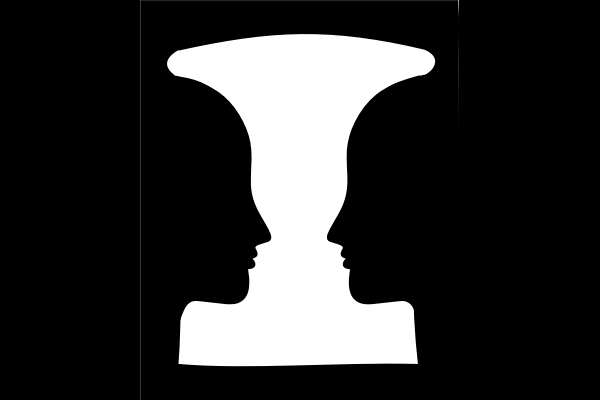Gestalt Therapy
There are a some things in Gestalt therapy that are different from most other types of counselling and psychotherapy:
- Gestalt is relational: Many therapies emphasise the importance of the relationship (sometimes called the alliance) between the client and the therapist. Gestalt goes a step further than most. If that is where your interest is, then a Gestalt therapist will help you to grow your awareness of the moment-to-moment interactions between you and the therapist. Experiencing this can open up a whole world of new awareness outside the therapy room. Sometimes we discover that we have many more useful choices about how to relate to other people and how we can meet our different needs.
- Gestalt is outside-inside: Some therapies focus heavily on what is going on inside our heads. Gestalt is broader than that. Everything in our lives, the people we know, the activities that fill our days, the cultural assumptions we encounter, our state of physical and mental health, all affect us in different ways, sometimes small, sometimes huge. These are not just “background”, they are the stuff that our life is made of. Acknowledging these things and the impacts they have on us, both good and bad, can be helpful in guiding our decisions about how we live, and the things we want to change. In Gestalt, we call these things “the field” and we pay attention to how they affect our experience.
- Gestalt is embodied: Historically, most talking therapies focussed on exactly that: talking. Today, many of those therapies acknowledge the importance of our physical experience. This has brought breathing exercises and mindfulness practices into many therapies. Working with physical experience has been a part of Gestalt since its beginning. Our physical sensations can tell us a lot about what we are experiencing. Some of us have learnt to keep sensations out of our awareness for very good reasons. When we feel secure enough, bringing attention to our physical experience can better connect us with ourselves. If you are finding it difficult to understand your own reactions to people or events, or if you have never felt sure of what you want, or if trying to think your way out of problems is becoming less and less helpful, then you might find this type of work very rewarding.
- Gestalt is aliveness: A culture of squeezing every last drop of productivity out of people while giving them the least possible support is widespread in the UK. This is not a recipe for living well. Unfortunately, it is difficult to notice something that is so “normal” and we may treat ourselves this way. When this happens, our experience can feel more like drudgery than living. Gestalt therapy started as a counter-cultural movement and this is still relevant. A Gestalt therapist will not assume that the “normal” or expected ways of navigating life are always the best way for you. They can work with you to find your own creative ways to live well in your current environment, to feel your aliveness.
Who is Gestalt therapy for? Many types of experience bring people to Gestalt therapy. Some of those experiences have medical labels, like anxiety or depression or personality disorders. Gestalt can help with those, and you don’t need one of those labels before you come to therapy. If you have been stressed or distressed for a while, or if you feel that life could or should be more satisfying than it is, then you might find working with a Gestalt therapist very helpful.
Jay Hellings is a senior trainee Gestalt psychotherapist. If you have questions about this article or about how Jay could work with you, or if you’d like to book an introductory counselling session then you can contact Jay directly on 07965 241 772 or info@therapywithjay.uk If you would prefer to make an enquiry or appointment through Physio & Therapies, then you can do that on 01706 819464 or email us.

